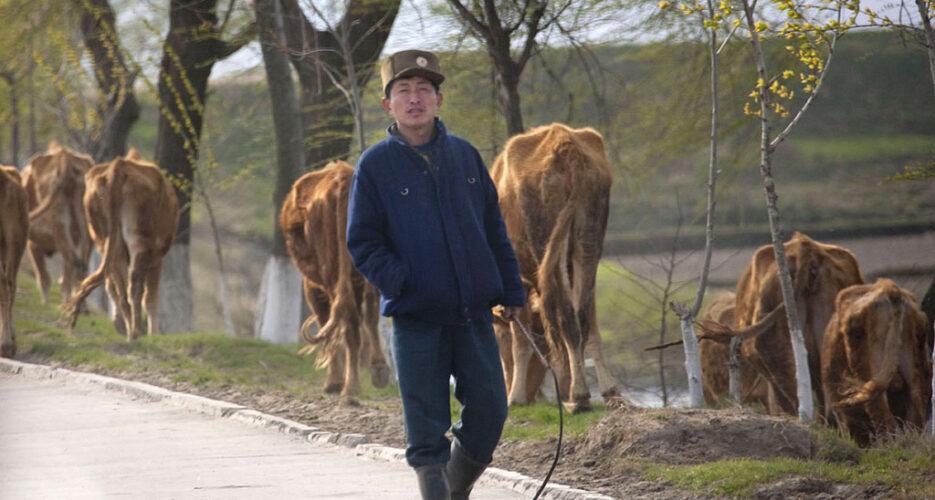The Democratic People’s Republic of Korea (DPRK, or North Korea) made its first wide-scale appeal for international humanitarian aid in 1995, while in the midst of a famine. International organizations (IOs), such as United Nations (UN) bodies and the Red Cross, non-governmental organizations (NGOs) and bilateral state aid came in to assist the DPRK government in providing basic needs for its people. More than 20 years later, humanitarian and development groups continue to work in the DPRK.
Those who oppose humanitarian aid in the DPRK have often pinpointed diversion as justification for not conducting aid programs. Diversion occurs when aid allocated for certain recipients is commandeered to an unintended recipient. Cases of diversion can range from the theft of aid intended for children by their hungry caretakers, to the systematic routing of aid supplies away from the vulnerable and into the coffers of rebel forces. Diversion is a problem in the DPRK because the authorities are unwilling to give humanitarian and development groups unrestricted access to their target populations, so groups cannot carry out unregulated monitoring activities. In some cases, groups do not have a residential presence in the country and thus must spend large chunks of time out of the country, unable to verify what has happened to their aid since their last visit.
The Democratic People’s Republic of Korea (DPRK, or North Korea) made its first wide-scale appeal for international humanitarian aid in 1995, while in the midst of a famine. International organizations (IOs), such as United Nations (UN) bodies and the Red Cross, non-governmental organizations (NGOs) and bilateral state aid came in to assist the DPRK government in providing basic needs for its people. More than 20 years later, humanitarian and development groups continue to work in the DPRK.
Those who oppose humanitarian aid in the DPRK have often pinpointed diversion as justification for not conducting aid programs. Diversion occurs when aid allocated for certain recipients is commandeered to an unintended recipient. Cases of diversion can range from the theft of aid intended for children by their hungry caretakers, to the systematic routing of aid supplies away from the vulnerable and into the coffers of rebel forces. Diversion is a problem in the DPRK because the authorities are unwilling to give humanitarian and development groups unrestricted access to their target populations, so groups cannot carry out unregulated monitoring activities. In some cases, groups do not have a residential presence in the country and thus must spend large chunks of time out of the country, unable to verify what has happened to their aid since their last visit.
Try unlimited access
Only $1 for four weeks
-
Unlimited access to all of NK News: reporting, investigations, analysis
-
Year-one discount if you continue past $1 trial period
-
The NK News Daily Update, an email newsletter to keep you in the loop
-
Searchable archive of all content, photo galleries, special columns
-
Contact NK News reporters with tips or requests for reporting
Get unlimited access to all NK News content, including original reporting, investigations, and analyses by our team of DPRK experts.
Subscribe
now
All major cards accepted. No commitments – you can cancel any time.







